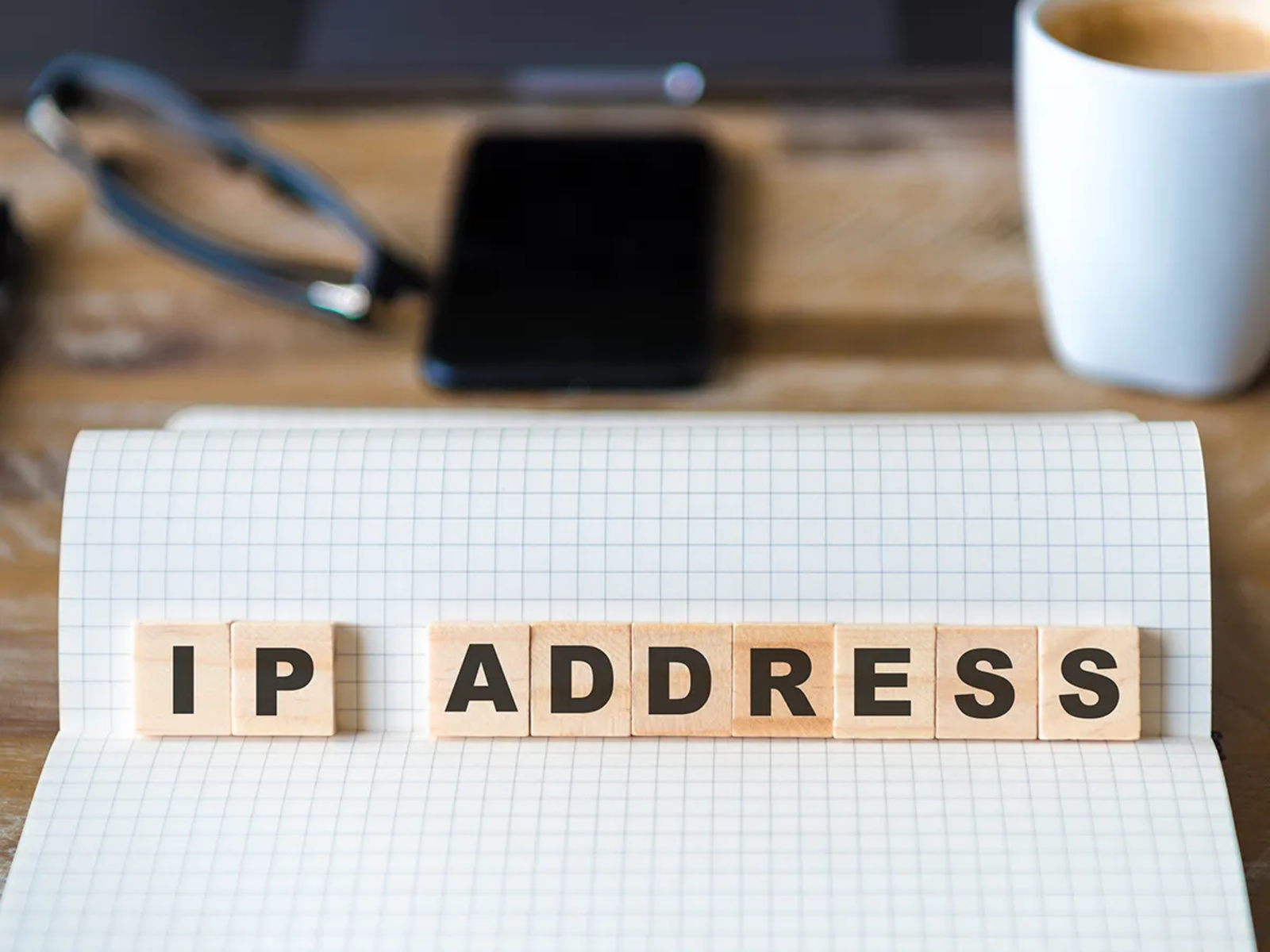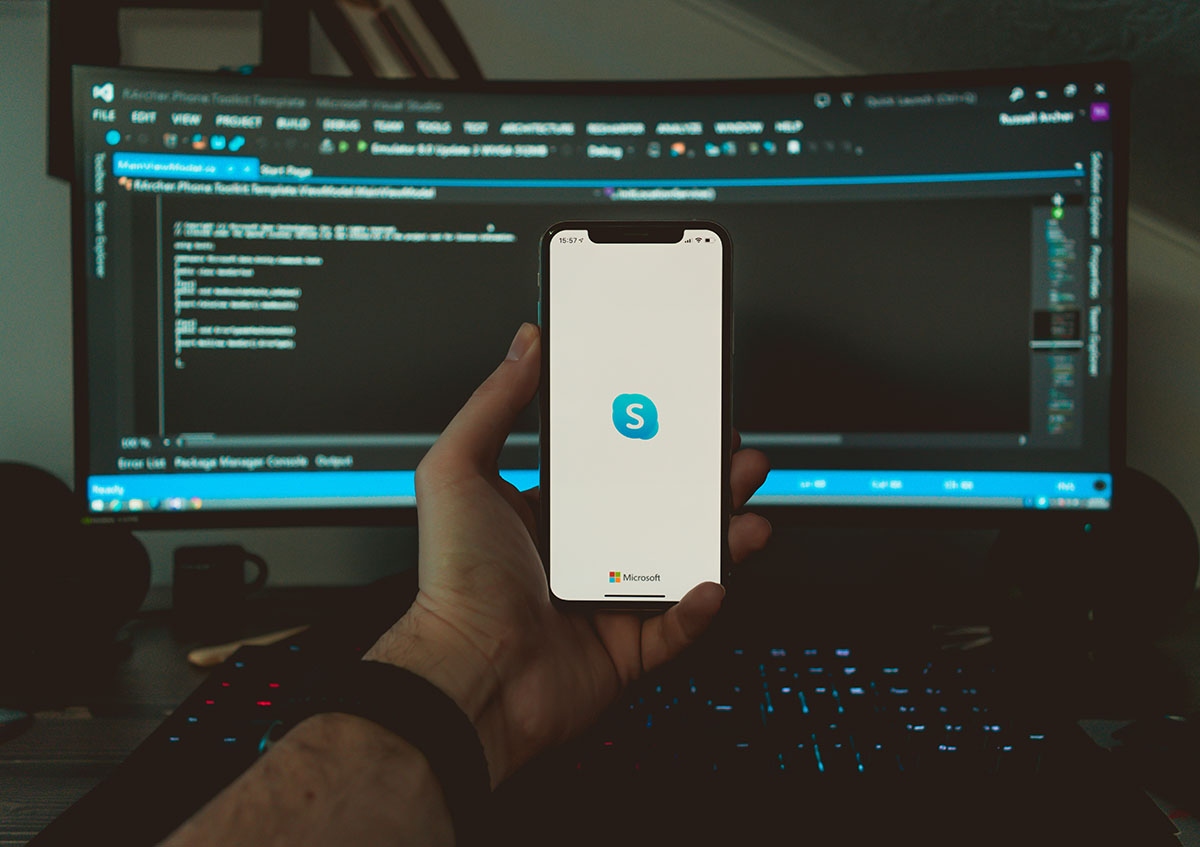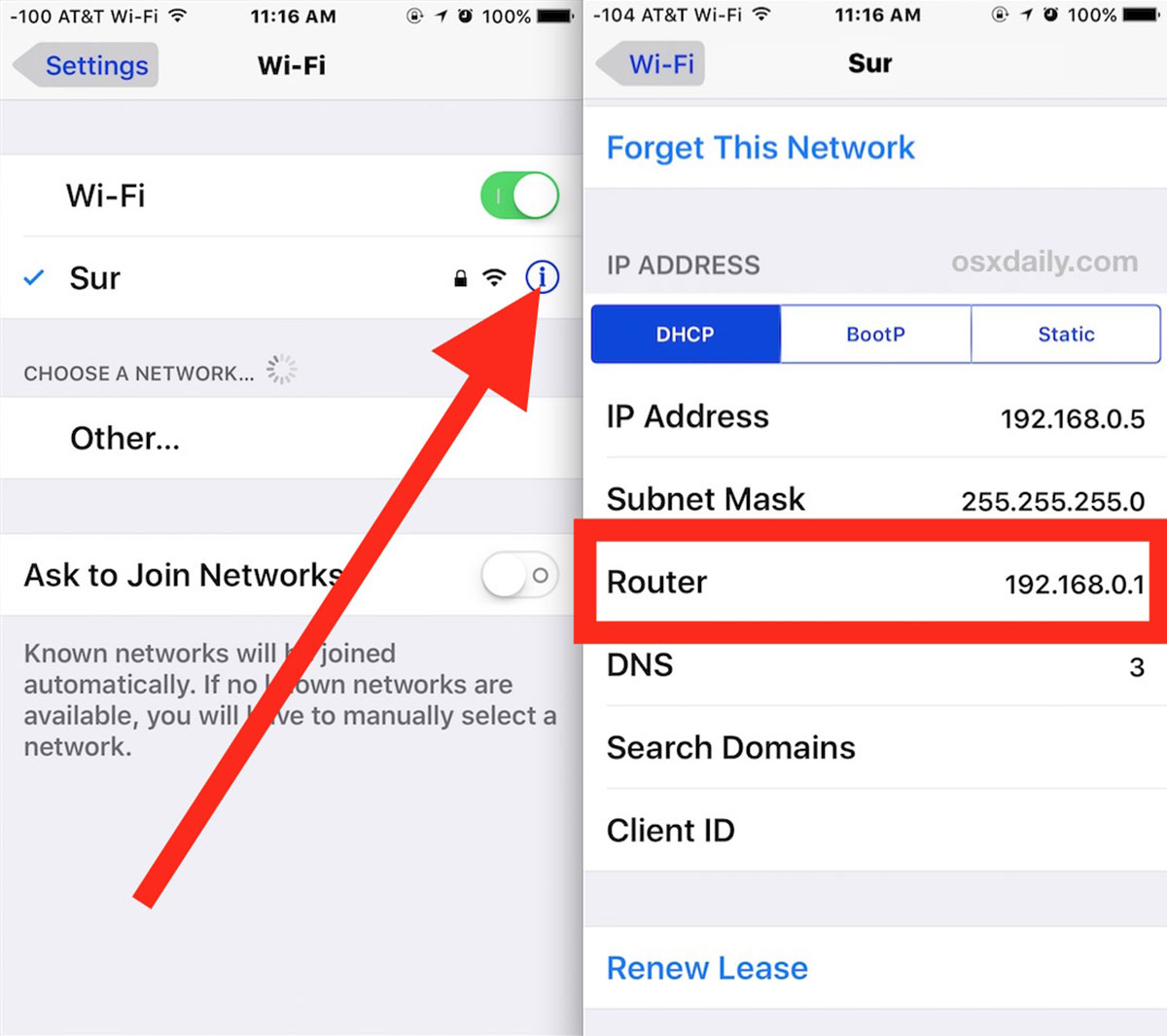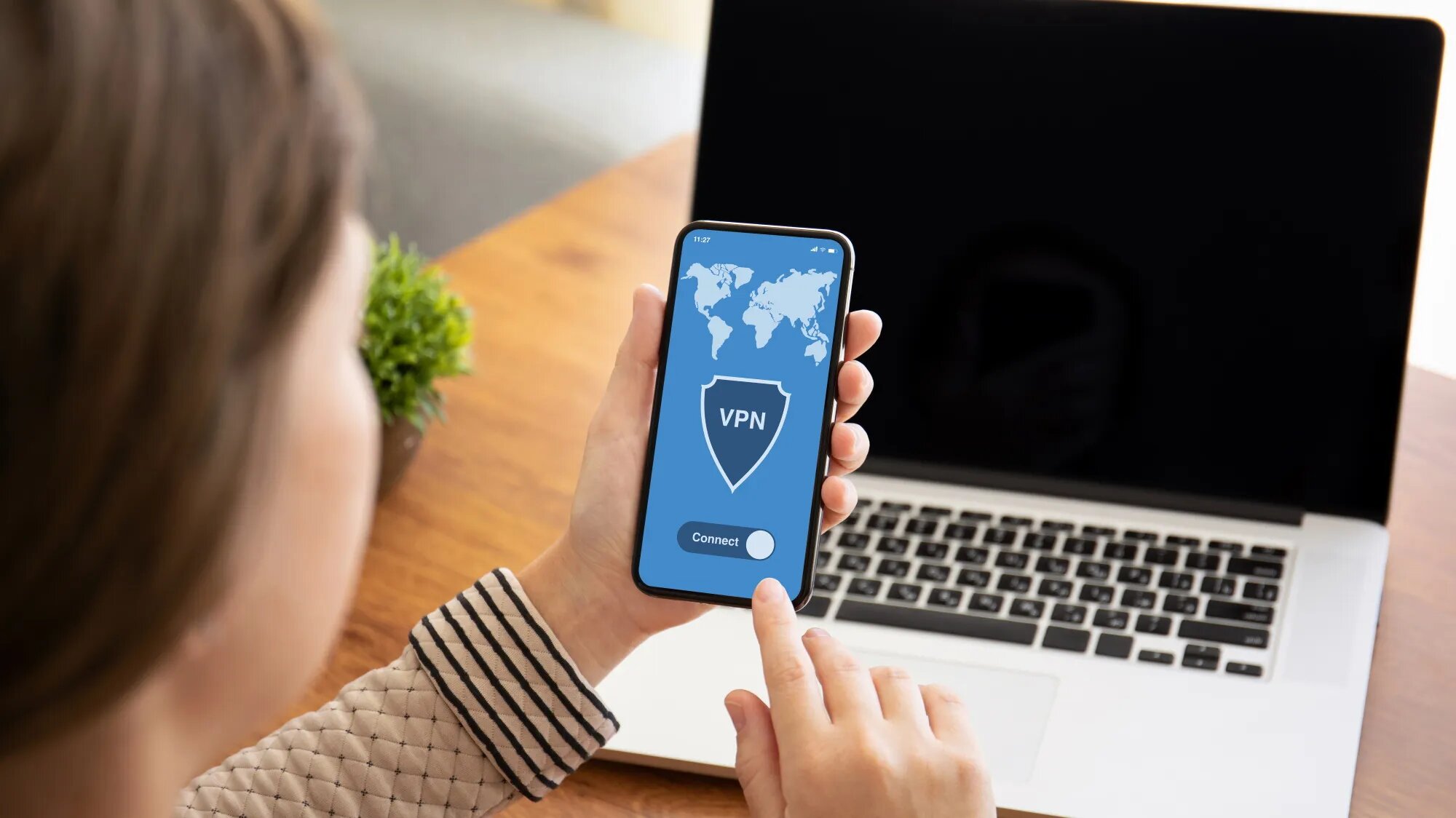What Is My VPN IP Address
In today’s digital age, online privacy and security have become paramount. With the rise in cyber threats and data breaches, more and more people are turning to VPNs (Virtual Private Networks) as a secure way to browse the internet. But what exactly is a VPN IP address?
Before we delve into VPN IP addresses, let’s first understand how a VPN works. A VPN creates a secure and encrypted connection between your device and the internet, protecting your data and online activities from prying eyes. When you connect to a VPN server, your data traffic is routed through that server, making it appear as if you are browsing from a different location.
An IP address, short for Internet Protocol address, is a unique set of numbers that identifies your device’s location on the internet. Every device connected to the internet has an IP address, which can reveal information about your geographical location and internet service provider.
A VPN IP address, also known as an anonymous IP address, is the IP address assigned to you by the VPN server you are connected to. Instead of using your real IP address, the VPN server assigns you an IP address from its pool of available addresses. This means that websites and online services only see the VPN IP address, not your actual IP address.
The VPN IP address serves as a mask, shielding your real IP address and providing you with an additional layer of privacy and security. It prevents websites, advertisers, and other third parties from tracking your online activities and gathering personal information.
Having a VPN IP address is particularly important when accessing geographically restricted content or bypassing censorship because it allows you to appear as if you are browsing from a different location. This can be useful for streaming services that have regional restrictions or for individuals living in countries with strict internet regulations.
So, how can you find your VPN IP address? There are several methods you can use. Many VPN providers offer software or apps that display your current VPN IP address. You can also find your VPN IP address by visiting websites that specialize in displaying your IP address, but make sure to use a reputable and trustworthy site.
It’s worth noting that your VPN IP address may differ based on the VPN server you are connected to. So, if you switch servers, your VPN IP address will change accordingly.
In summary, a VPN IP address is a crucial component of using a VPN. It replaces your actual IP address with an anonymous IP address, enhancing your online privacy and security. Whether you’re concerned about your data being intercepted or want to access content not available in your region, a VPN IP address is a valuable tool in safeguarding your online activities.
Introduction
In today’s digital landscape, where privacy breaches and cyber threats are on the rise, protecting our online activities has become more important than ever. One solution that has gained significant popularity is the use of Virtual Private Networks (VPNs). These secure and encrypted networks provide a shield for our internet browsing, ensuring that our data remains private and that our online activities remain anonymous.
Whether you’re a frequent traveler, a remote worker, or simply someone who values their online privacy, understanding how VPNs work and the concept of a VPN IP address is crucial. This article will delve into the world of VPN IP addresses and how they contribute to a more secure and private online experience.
First, we will explore the fundamentals of how VPNs function. By creating a secure and encrypted connection between your device and the internet, VPNs safeguard your data from potential threats. The encrypted tunnel that a VPN establishes prevents anyone, including hackers and government agencies, from intercepting your online communications or collecting sensitive information.
Next, we will delve into the concept of an IP address. An IP address is a unique set of numbers assigned to each device connected to the internet. It serves as an identifier of your device’s location and facilitates communication with other devices on the web. With just an IP address, someone can gather information about your geographical location, internet service provider, and even potentially track your online activities.
A VPN IP address, on the other hand, is the IP address assigned to you by the VPN server you are connected to. When you connect to a VPN, your traffic is routed through the VPN server, and it receives a new IP address. This anonymous IP address, provided by the VPN server, replaces your real IP address and masks your online identity.
In this article, we will highlight the importance of having a VPN IP address and its benefits. We will discuss how it enhances your online privacy, protects your data from prying eyes, and allows you to bypass geographical restrictions, giving you access to content that may not be available in your region.
Furthermore, we will guide you on how to find your VPN IP address. Many VPN providers offer user-friendly software or apps that display your current VPN IP address. Additionally, there are online tools available that can help you determine your VPN IP address with a simple click of a button.
Finally, we will address common issues related to VPN IP addresses, such as IP address leakage and how to resolve them. We will provide tips and best practices to ensure that your VPN IP address remains secure and effectively masks your online identity.
Now that we have set the stage for understanding VPN IP addresses, let’s delve into the details and explore why they are an essential component of a secure and private online browsing experience.
How Does a VPN Work?
Understanding how a VPN works is fundamental to grasping the concept of a VPN IP address. In simple terms, a VPN, or Virtual Private Network, creates a secure and encrypted connection between your device (such as a computer, smartphone, or tablet) and the internet. This connection is established through a VPN server located in a different location.
When you connect to a VPN, your internet traffic is routed through this VPN server before reaching its final destination. This routing process helps to ensure that your data remains private and protected, even when using public Wi-Fi networks or accessing the internet from countries with strict online regulations.
The encryption aspect of a VPN is a vital component in safeguarding your data. It involves scrambling your online communications into an unreadable format, making it nearly impossible for hackers or eavesdroppers to decipher. This level of encryption ensures that your sensitive information, such as passwords, credit card details, or personal messages, remains secure.
In addition to encryption, a VPN also assigns you a different IP address from the VPN server you are connected to. This is where the concept of a VPN IP address comes into play. Instead of using your actual IP address, the VPN server assigns you an anonymous IP address from its pool of available addresses. This process masks your real IP address, making it difficult for anyone to trace your online activities back to your device.
When you browse the internet with a VPN, websites and online services see your VPN IP address instead of your actual IP address. This allows you to browse the web anonymously and bypass any restrictions or censorship imposed by your internet service provider or government authorities.
Moreover, by connecting to a VPN server in a different location, you can appear as if you are browsing from that location. This feature is particularly useful for accessing geo-restricted content. For example, if a streaming service is only available in the United States, you can connect to a VPN server located in the U.S., and the streaming service will believe that you are accessing it from within the country.
Overall, a VPN works by creating a secure tunnel for your internet traffic, encrypting your data, and assigning you an anonymous VPN IP address. This combination of features provides you with enhanced privacy, security, and the ability to bypass geographical restrictions. It is important to choose a reputable and reliable VPN service provider to ensure the effectiveness and integrity of the VPN connection.
What Is an IP Address?
An IP address, short for Internet Protocol address, is a unique set of numbers assigned to every device connected to a network or the internet. It serves as an identifier, enabling devices to communicate with each other and exchange data.
Think of an IP address as a digital address for your device, much like a physical address for your home. It consists of four sets of numbers separated by periods, such as 192.168.1.1.
There are two types of IP addresses: IPv4 (Internet Protocol version 4) and IPv6 (Internet Protocol version 6). IPv4 is the most commonly used type and follows the 32-bit format. However, due to the enormous growth of internet-connected devices, IPv6 was introduced to overcome the limitations of IPv4. IPv6 uses a 128-bit format, allowing for a significantly greater number of available IP addresses.
IP addresses are assigned to devices by internet service providers (ISPs) or network administrators. Each device connected to a network, whether it’s a computer, smartphone, smart TV, or IoT device, must have a unique IP address to enable proper communication.
An IP address can reveal certain information about a device and its location. The first part of an IP address, known as the network identifier, identifies the network to which the device is connected. The second part, called the host identifier, identifies the specific device within that network.
Moreover, IP addresses can be categorized into two main types: public IP addresses and private IP addresses. A public IP address is the address assigned to a device by the ISP and is visible to the internet. It allows the device to communicate with other devices and servers on the internet. On the other hand, a private IP address is used within a local network, such as a home or office network, and is not visible to the internet. Private IP addresses are typically used to connect devices within the same network and are not unique globally.
IP addresses play a crucial role in routing internet traffic, enabling devices to locate and communicate with each other. When you request a website or send an email, your device uses the IP address to find the server hosting the website or email service.
It’s important to note that IP addresses can be dynamic or static. Dynamic IP addresses are assigned by ISPs and can change over time. Static IP addresses, on the other hand, are manually assigned to a device and remain constant. Static IP addresses are often used for devices that require a stable connection, such as servers or network printers.
In summary, an IP address is a unique identifier for devices connected to a network or the internet. It allows devices to communicate and exchange data. By understanding IP addresses, we can better comprehend how they are used in conjunction with VPNs and the concept of VPN IP addresses.
What Is a VPN IP Address?
A VPN IP address, also known as an anonymous IP address, is the IP address assigned to you by the VPN server you are connected to. When you connect to a VPN, your internet traffic is redirected through the VPN server, and your real IP address is replaced with a different IP address from the VPN server’s pool of available addresses.
A VPN IP address serves as a mask, hiding your actual IP address and making it appear as if you are browsing the internet from a different location.
While your actual IP address can reveal information about your geographical location and internet service provider, a VPN IP address provides you with increased privacy and anonymity. Websites, online services, and potential eavesdroppers only see the VPN IP address, making it difficult for them to trace your online activities back to your device.
For example, let’s say you are located in New York City and connect to a VPN server in London. When you browse the internet with a VPN, websites and online services will see the IP address assigned to the VPN server in London rather than your real IP address from New York City.
A VPN IP address is not tied to your physical location, allowing you to bypass geographical restrictions and access content that may be blocked or limited in your region. This is particularly useful for streaming services, which often have different content libraries based on the user’s location. By connecting to a VPN server in a specific location, you can make it seem like you are browsing from that location and gain access to region-restricted content.
Furthermore, having a VPN IP address enhances your online security. By masking your real IP address, you prevent potential attackers from directly targeting your device or monitoring your online activities. This additional layer of anonymity provided by a VPN IP address is especially important when using public Wi-Fi networks, as it protects your data from being intercepted by malicious actors.
It’s worth noting that VPN IP addresses can vary depending on the VPN server you are connected to. VPN providers usually have servers in multiple locations worldwide, and you can choose the desired location when connecting to the VPN. This flexibility allows you to select a VPN IP address based on your privacy needs or the specific content you want to access.
In summary, a VPN IP address is the IP address assigned to you by the VPN server, replacing your real IP address. It provides enhanced privacy, anonymity, and the ability to bypass geographical restrictions. By using a VPN IP address, you can browse the internet securely and access content that may otherwise be unavailable in your region.
Importance of a VPN IP Address
A VPN IP address serves as a key component in ensuring online privacy, security, and unrestricted access to the internet. Let’s explore the importance of a VPN IP address in more detail.
First and foremost, a VPN IP address provides an additional layer of privacy and anonymity. By masking your real IP address with a VPN IP address, you prevent websites, online services, and potential eavesdroppers from tracking your online activities and gathering personal information. Your internet traffic becomes more difficult to trace back to your actual device, enhancing your privacy and reducing the risk of identity theft or unauthorized surveillance.
Furthermore, a VPN IP address allows you to bypass geographical restrictions and access content that may be inaccessible in your region. Many online platforms, such as streaming services or websites that are subject to regional limitations or censorship, rely on IP addresses to determine a user’s location. By connecting to a VPN server in a different location, and thus acquiring a VPN IP address from that location, you can make it appear as if you are browsing from that specific region. This enables you to access content, enjoy streaming services, or participate in online activities that might otherwise be unavailable in your area.
In addition to privacy and unrestricted access, a VPN IP address contributes to strengthening your overall online security. By using a VPN, your internet traffic is encrypted, preventing potential hackers or malicious actors from intercepting your data. The VPN IP address further shields your device from direct targeting, as your real IP address remains hidden. This is particularly crucial when using public Wi-Fi networks, which are vulnerable to cyber attacks and data breaches. With a VPN IP address, you can browse the internet securely and protect your sensitive information from being compromised.
A VPN IP address also plays a significant role in preserving your digital rights and freedom of expression. In some countries, governments or internet service providers may impose censorship or restrict access to certain websites, social media platforms, or online services. By using a VPN and acquiring a VPN IP address outside of these restrictions, you can evade such censorship and enjoy unrestricted access to the internet.
Lastly, having a VPN IP address gives you the flexibility to choose your virtual location. VPN providers offer servers in various countries and regions, allowing you to select the desired location when connecting to the VPN. This feature can be particularly useful when accessing region-specific content or services, such as localized news, online banking, or exclusive deals offered in specific regions.
In summary, a VPN IP address is of paramount importance for enhancing online privacy, security, and unrestricted access to the internet. By masking your real IP address, a VPN IP address offers increased privacy and anonymity, allows you to bypass geographical restrictions, strengthens your overall online security, and enables you to exercise your digital rights and freedom of expression. Incorporating a VPN into your online activities is an effective way to safeguard your digital presence and enjoy a more secure and open internet experience.
How to Find Your VPN IP Address
Finding your VPN IP address can be a helpful step in verifying your connection and ensuring that your online activities are protected. Let’s explore a few methods to discover your VPN IP address.
1. VPN Software or App: Many VPN service providers offer dedicated software or apps that display your current VPN IP address. These applications typically provide a user-friendly interface where you can connect to different VPN servers and view your assigned IP address. Check the settings or dashboard of your VPN software or app to locate this information.
2. Online IP Address Checkers: There are websites available that specialize in displaying your current IP address. Simply visit one of these websites while connected to your VPN, and it will show the IP address assigned to you by the VPN server. It’s essential to use reputable and trustworthy IP address checkers to ensure the accuracy of the information and protect your privacy.
3. Command Line or Terminal Commands: For more advanced users, you can use command line or terminal commands to check your VPN IP address. If you’re using a Windows operating system, open the command prompt and enter the command “ipconfig” or “ipconfig /all” to display network information, including your IP address. On macOS or Linux, you can use the “ifconfig” command or variations like “ifconfig en0” to find your IP address.
4. Contact Your VPN Service Provider: If you’re unable to find your VPN IP address using the methods mentioned above, consider reaching out to your VPN service provider’s support team. They should be able to assist you in locating your assigned IP address or provide guidance on how to access this information.
It’s important to note that your VPN IP address can change each time you connect to a different VPN server. Therefore, if you switch servers, your IP address will be different. Additionally, some VPN service providers may offer the option to select a specific server location and IP address from their server network.
Remember that the ability to find your VPN IP address is valuable for verifying that your VPN is functioning correctly and that your online activities are protected. By ensuring that your VPN IP address matches the intended location and is different from your real IP address, you can have peace of mind knowing that your internet traffic is securely routed through the VPN server, protecting your privacy and enhancing your online security.
Using Online Tools to Find Your VPN IP Address
If you’re connected to a VPN and want to quickly find your VPN IP address, using online tools can be a convenient and straightforward method. These tools are designed to display your current IP address and can help you verify that you’re successfully connected to the VPN. Let’s explore how to use online tools to find your VPN IP address.
1. Open your preferred web browser: Launch your web browser, such as Google Chrome, Mozilla Firefox, or Safari.
2. Search for “What is my IP” or “What is my IP address”: In the search bar, enter the phrase “What is my IP” or “What is my IP address” and press Enter.
3. Choose a reputable IP address checker: Various online tools and websites offer IP address checking services. It’s important to select a reputable and trustworthy tool to ensure the accuracy and security of your information.
4. Visit the selected website: Click on one of the search results that appear to visit the chosen IP address checker website.
5. Check your IP address: Once on the website, it should display your IP address. Take note of the IP address indicated on the page. This address should match the VPN IP address assigned to you by the VPN server you’re connected to.
Keep in mind that the displayed IP address is the one associated with your VPN connection. If you haven’t connected to a VPN or your VPN is not active, it will show your actual IP address instead.
It’s worth mentioning that using online tools to find your VPN IP address can be a quick and convenient method. However, it’s crucial to use reputable and trustworthy tools to ensure the security of your data and protect your privacy. Be cautious of suspicious or unfamiliar websites that may deceive you into downloading harmful software or compromise your privacy. Stick to well-known and reliable IP address checker websites to ensure accurate and reliable results.
By using online tools to find your VPN IP address, you can easily verify that your VPN connection is functioning correctly and that your online activities are protected. It’s always wise to double-check and ensure that the displayed IP address matches the intended location and is different from your real IP address. This way, you can have peace of mind knowing that your internet traffic is securely routed through the VPN server, guarding your privacy and enhancing your online security.
Checking Your VPN IP Address on Different Devices
If you’re using a VPN on multiple devices and want to verify your VPN IP address on each device, there are several methods you can use. Let’s explore how to check your VPN IP address on different devices.
1. Windows:
- VPN Software or App: Most VPN providers offer dedicated software or apps for Windows. Open the VPN software or app and navigate to the settings or dashboard. Look for the section that displays your current VPN IP address.
- Command Prompt: Open the Command Prompt by searching for it in the start menu. Type “ipconfig” or “ipconfig /all” and press Enter. Look for the network adapter that is associated with your VPN connection and note the IP address listed for that adapter.
2. Mac:
- VPN Software or App: Similar to Windows, many VPN providers offer dedicated software or apps for Mac. Launch the VPN software or app and locate the settings or dashboard. Look for the section that displays your current VPN IP address.
- System Preferences: Click on the Apple menu and select “System Preferences.” In the System Preferences window, click on “Network.” Select the VPN connection from the list on the left and look for the IP address listed under the “Status” or “Details” section.
3. Android:
- VPN App: If you’re using a VPN app on your Android device, open the app and navigate to the settings or menu. Look for the option that displays your current VPN IP address.
- Settings Menu: Open the Settings menu on your Android device and select “Network & internet” or “Connections.” Tap on “VPN” and select your VPN connection. The IP address associated with the VPN connection should be listed.
4. iOS:
- VPN App: If you’re using a VPN app on your iPhone or iPad, open the app and access the settings or menu. Look for the option that displays your current VPN IP address.
- Settings Menu: Open the Settings app on your iOS device and tap on “VPN.” Select your VPN connection from the list, and the IP address associated with the VPN should be displayed.
These methods should help you check your VPN IP address on different devices. Remember, the steps may vary slightly depending on the VPN software or app you’re using or the operating system version of your device. If you’re unsure, refer to the documentation or support resources provided by your VPN service provider.
Verifying your VPN IP address on each device ensures that your VPN connection is functioning correctly and that your online activities are properly protected. By comparing the displayed IP addresses to the intended VPN server locations, you can ensure that your internet traffic is securely routed through the VPN servers and that your online privacy and security are maintained.
Common Issues with VPN IP Addresses
While VPNs provide a valuable layer of privacy and security, there can be some common issues that arise specifically related to VPN IP addresses. Let’s explore a few of these issues and how to address them.
1. IP Address Leaks:
One of the most significant concerns with VPNs is IP address leaks. This occurs when your real IP address is unintentionally exposed, revealing your true location and potentially compromising your privacy. IP address leaks can happen due to misconfigurations, software bugs, or DNS leaks. To prevent IP address leaks, it’s crucial to choose a reliable VPN service provider that takes measures to minimize such risks. Additionally, you can perform IP leak tests using online tools to ensure that your VPN is effectively hiding your real IP address.
2. Incorrect Geolocation:
Another issue that may arise with VPN IP addresses is an incorrect geolocation. Some websites or online services rely on IP addresses to determine a user’s location. However, VPN IP addresses can sometimes be inaccurately associated with a different location, leading to issues with accessing geo-restricted content or being flagged as suspicious by certain websites. To address this issue, consider connecting to a VPN server in the same region as the content you’re attempting to access or contact your VPN service provider for assistance.
3. IP Blacklisting:
Sometimes, VPN IP addresses can be blacklisted by certain websites or online services. This can occur due to the misuse of VPNs by other users who engage in illegal activities or breach the terms of service of those websites. If you encounter issues accessing particular websites or services while using a VPN, it could be possible that the VPN IP address you’re assigned has been blacklisted. In such cases, try connecting to a different VPN server or contact your VPN provider to inquire about alternative IP addresses.
4. Server Overload:
Popular VPN servers can sometimes experience server overload, especially during peak hours. This can lead to slow connection speeds and intermittent connectivity issues. If you find that your VPN connection is lagging or frequently disconnecting, it may be due to server overload. Consider connecting to a different VPN server or contacting your VPN service provider for recommendations on less congested servers.
5. Incompatibility with Certain Services:
Lastly, some online services or websites may block or restrict access to users connecting via VPNs. This is often observed with streaming platforms or financial institutions that have stringent security measures in place. If you encounter difficulties accessing certain services while using a VPN, you may need to temporarily disable the VPN or connect to a server recommended by the service provider to ensure compatibility.
Addressing these common issues requires selecting a reliable VPN service provider, performing regular IP leak tests, being mindful of server loads, and choosing the appropriate VPN server for the desired services. By staying informed and proactive, you can mitigate these issues and continue to enjoy the benefits of using a VPN and its associated IP address.
Conclusion
The world of VPN IP addresses is a critical component in maintaining online privacy, security, and access to restricted content. By understanding how VPNs work and the significance of VPN IP addresses, we can make informed decisions about protecting our online activities.
A VPN IP address replaces your real IP address with an anonymous one from the VPN server. This substitution enhances privacy by concealing your actual location and online identity. It also enables you to bypass geographical restrictions, granting access to content that may not be available in your region.
Finding your VPN IP address can be done through VPN software/apps, online IP address checkers, or command line/terminal commands. Verifying your VPN IP address on different devices ensures a secure connection and confirms that your online activities are safeguarded.
While VPN IP addresses offer numerous benefits, it’s important to be aware of common issues such as IP leaks, incorrect geolocation, IP blacklisting, server overload, and compatibility with certain services. These issues can be mitigated by selecting a reputable VPN service provider, performing regular IP leak tests, and choosing appropriate servers.
In conclusion, utilizing a VPN IP address is an essential measure in protecting your online privacy, ensuring secure internet browsing, and unlocking a world of unrestricted content. By incorporating a VPN and understanding its impact on IP addresses, you can browse the internet with confidence, knowing that your data remains private and your online activities are shielded from prying eyes.

























